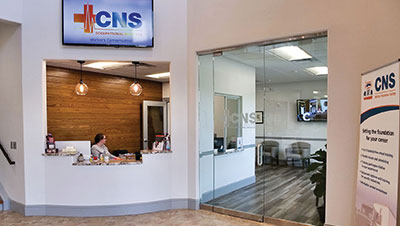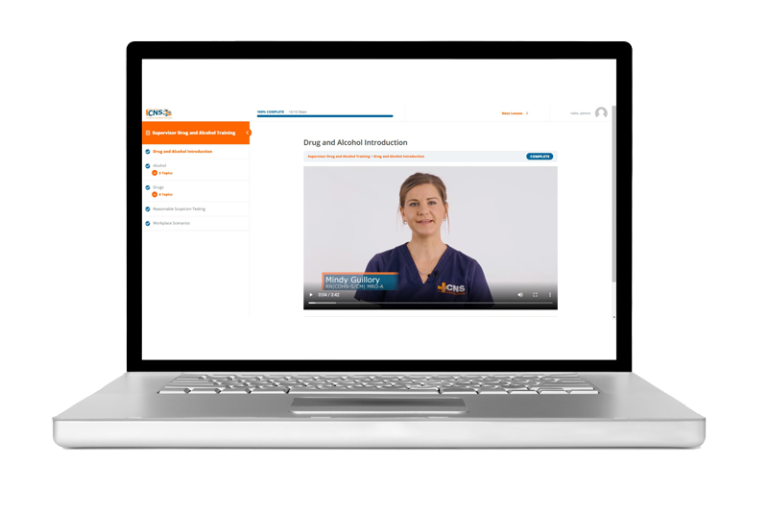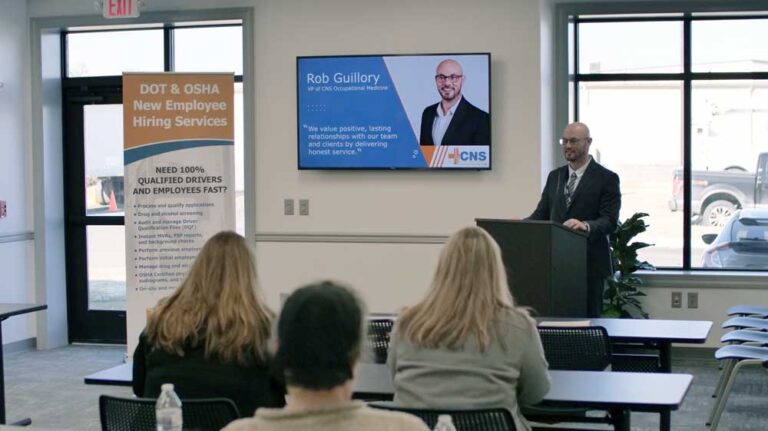Lead poisoning is usually caused by months or years of exposure to small amounts of lead and can happen quickly if exposed to high amounts of lead.
Lead exposure can occur if you breathe fumes and dust that contain lead. It can also happen if you swallow lead because of food, drinks, makeup, tobacco products, clothing, and hands contaminated with lead.
You can even expose lead to your family on your clothes, skin, or hair or if it is on your tools or in your car. Lead accumulates in the body and is stored in bone for decades.
Occupations that may involve working with lead or being exposed to dust or fumes from lead include:
- Auto repair
- Precious metals refining
- Construction, particularly remodeling or renovating
- Professional painters
- Abatement work (such as asbestos removal or hazardous waste-related work)
- Battery manufacturing or recycling
How to protect from lead poisoning
The most common method to identify and measure lead in the body is a medical exam to measure the amount of lead in blood. A blood lead test is mainly an estimate of recent exposure to lead over the last 3-4 months.
The blood lead level (BLL) alone is not a reliable indicator of prior or cumulative dose or total body burden. When interpreting the BLL, key questions are whether the exposure has been:
- short-term or long-term duration
- recent or in the past
- in large or small amounts
The zinc protoporphyrin (ZPP) test can measure intermittent lead exposures over time as one of the physiological changes that occur from lead in the body is a buildup of protoporphyrin in red blood cells. This physiological change can be accurately measured with a ZPP test.
- Elevated BLL and Normal ZPP = Recent exposure 2-6 weeks
- Elevated BLL and Elevated ZPP = Chronic/ongoing exposure
It is important that medical providers evaluate the reference range used by the laboratory. Reference ranges are generally printed on the laboratory test results report.
For an elevated ZPP:
- A person may have had a recent acute lead exposure in which the blood lead level has spontaneously declined, but the ZPP is continuing to be high over the life span of a red blood cell (erythrocyte). The life span of a blood cell is about 120 days, and lead levels may decline substantially over a period of weeks
- A repeated ZPP test may be useful to rule out iron-deficiency anemia
- Alternative diagnoses may be indicated in cases of an elevated ZPP, beyond the 120-day red blood cell lifespan
When to get tested?
ZPP testing may be ordered along with a lead level to test for chronic lead exposure. In an industrial setting, the Occupational Safety & Health Administration (OSHA) mandates the use of the ZPP test and strongly recommends that a ZPP test is ordered every time a lead level is ordered to monitor an employee’s exposure.
Both are necessary because ZPP will not reflect recent or acute lead exposure because it does not change quickly when a person’s source of lead exposure is removed. ZPP is best at detecting a person’s average exposure to lead over the last 3-4 months.
Signs and symptoms of lead poisoning include:
- High blood pressure
- Numbness and/or tingling in the hands and feet
- Memory loss, mood disorders
- Weakness
- Abdominal pain
- Headache
Staying in compliance with zinc protoporphyrin OSHA rules
To ensure employers stay compliant with OSHA rules, CNS Occupational Medicine team provides zinc protoporphyrin blood testing.
Stop waiting at hospitals or urgent care clinics. Our knowledgeable examiners, at our office or mobile unit, are focused on best-in-class customer service when it comes to treating workers and employers to create long term health and wellness.
For more information, contact us at 800.551.9816 or info@cnsoccmed.com.










